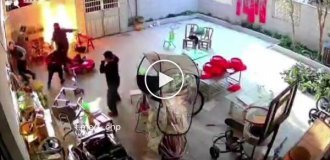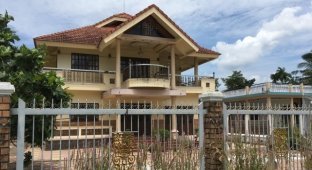How an unscrupulous squatter seized the house from an English pensioner and won the case (5 photos)
The amazing story of how a builder spotted a vacant house in east London and took it over. And a few years later, through the court, he won the right to become its legal owner. 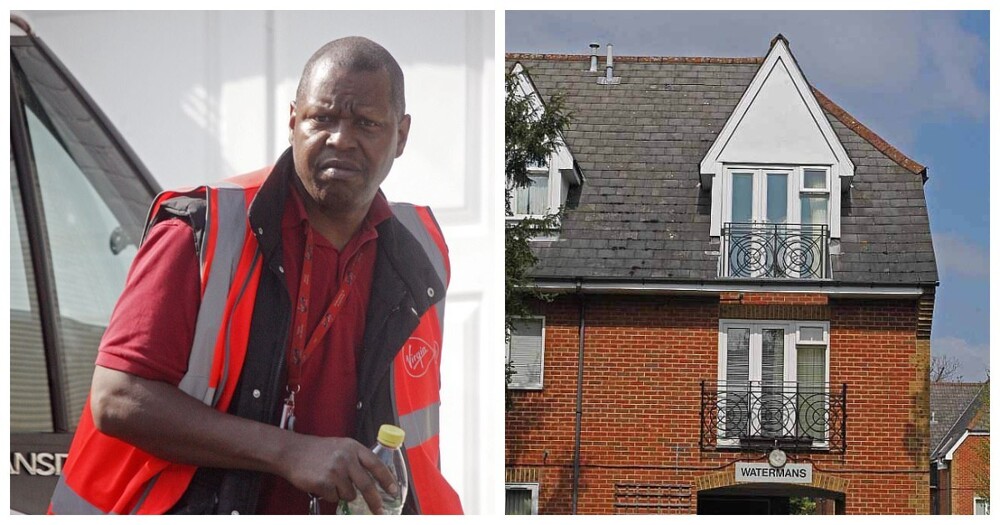
Meet Keith Best, builder and squatter. He actually stole a three-bedroom semi-detached house in Newbury Park (east London). And he stole it from the elderly Colin Curtis, who previously lived in it with his mother, but in the late 1990s moved into a nursing home, leaving his parents' house empty. And most importantly, after the death of his mother, Colin Curtis unknowingly did not complete the necessary documents.
After noticing a vacant house during construction next door, Keith Best began keeping an eye on it, began renovating it, and officially moved into it with his wife and child in 2012. A few months later he applied to the court to grant him permanent possession of the house, which at that time was worth about £400,000. He won the case on appeal, despite the judge finding he had committed criminal trespass.
After living in the house for almost eight years, Keith Best sold it for a profit of £540,000.
Keith Best, builder and squatter 
He moved into an empty house and through the court obtained ownership of it. After 8 years I sold it at a profit 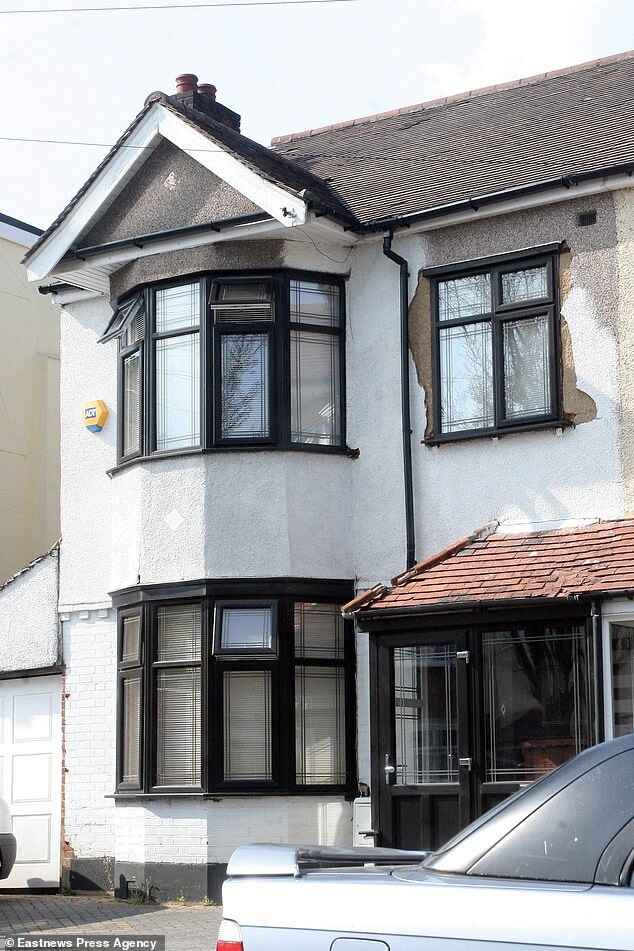
The new owner of the house, 35-year-old Atik Hayat, said:
“This property was sold to us by Keith Best, who was the rightful owner.
His name was on all the paperwork associated with this house, everything was done correctly and we have nothing to worry about. I never met Mr. Best, but my sisters saw him twice when they came to look at the house. The sale was formalized as expected, through lawyers.”
Mr Hayat's sister confirmed that Keith Best showed them around the house and told them how much work he had done and what a lovely area it was. The new owners knew almost nothing about the difficult past of their house - until journalists visited them.
“I don’t understand how this could happen. How can you just take over an empty house and make it your own, isn't that theft? It doesn't make sense to me. How could the court allow him to become the legal owner? - Atik Hayat is amazed. “I'm shocked how Mr. Best got this house.” He didn't tell us anything. Some neighbors mentioned it, but we never heard all the details. It’s crazy to think that you can see an empty house and just take it over and the court won’t mind.” 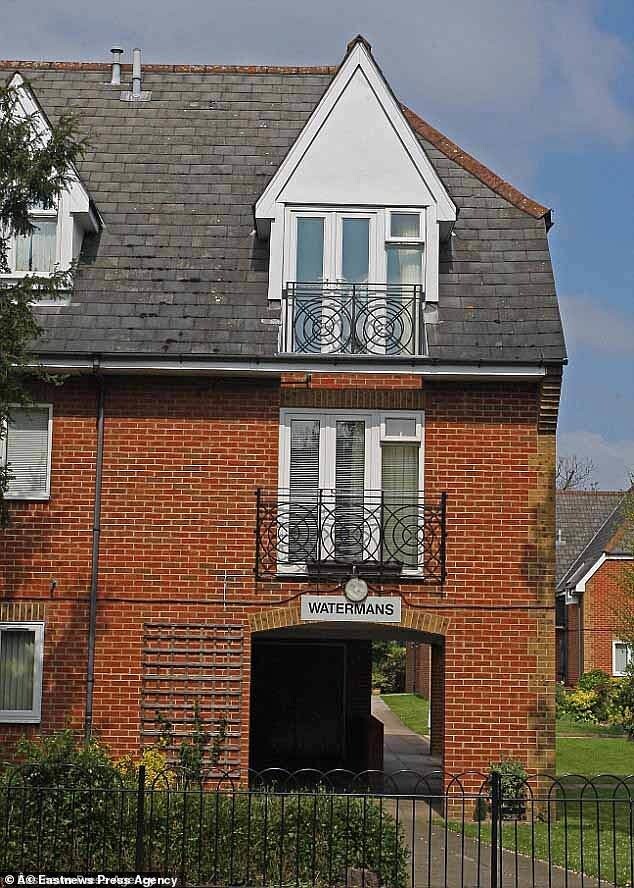
The legal saga surrounding the house began after Keith Best applied for a declaration of title, under which a squatter could gain rights to what is not legally his if he can prove he had "control" over the building or land for a significant period time.
He was initially refused by the Chief Land Registrar as his claim came just weeks after squatting was made a criminal offense under the Legal Aid, Punishment and Punishment of Offenders Act.
However, in 2014 the High Court overturned this decision, ruling that the registrar's decision was "based on an error of law" and that previous legislation treating squatting as a civil matter should apply. As a result, Keith Best became the legal owner of the house.
The judge also ruled that "adverse possession" is still possible on any private property if at least ten years have passed "without effective action on the part of the owner."
Mr Curtis, who died in 2018 aged 80, filed a counterclaim in 2014, but Judge Elizabeth Cook dismissed it on the grounds that he was not the registered administrator of his mother's estate and had no legal right to fight for her. house.
Colin Curtis, who formerly lived in the house with his mother 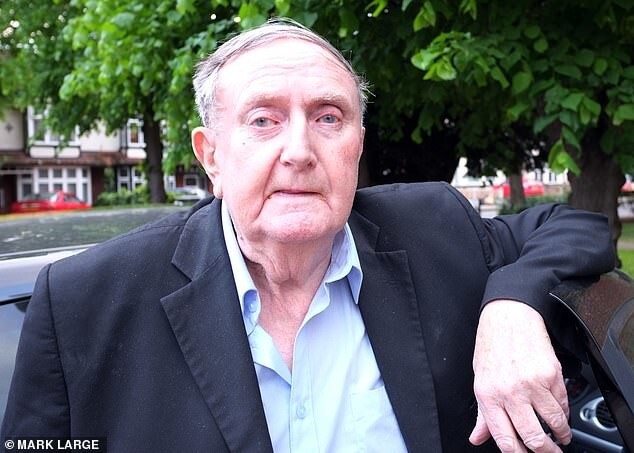
Doris Curtis died without a will, and her son did not know he needed to apply to become an estate administrator.
The house in Newbury belonged to Mrs Curtis, who died in the late 1980s aged 88.
Her divorced son lived there until 1996, and then moved into a nursing homelykh. Although Colin Curtis continued to pay council tax, he rarely visited the house and did little to maintain it, giving Keith Best the perfect opportunity to take possession of it.
Keith Best argued in court that he had been looking after the house for more than ten years, which gave him the right to become its rightful owner.
In a statement, he said: “In 1997, I began working on this house. I then invested time and money into maintaining the house. Since 2001, I have treated the house as if it were my own.”
Speaking after losing his case, Colin Curtis fumed: “It’s not fair. The law is an ass. It's like someone getting into your car and then claiming that it belongs to him because he's sitting in it. People don't believe me when I tell them about it. They don’t understand how someone could get away with something like this.”
The loss of the Curtis family home, which they had lived in since World War II, was another shock for Mr Curtis after his son and daughter died at tragically young ages.
Both he and his mother are still remembered fondly on the suburban street where their former home is located.
One neighbor said: “This house has a very checkered past because there was no way Best should have gotten his hands on it for free. A lot of people here are still very angry that he got away with it and that the law supported him.”
HOW THE LAW FAILED MR CURTIS
In September 2012, squatting was made a criminal offense in England and Wales. If you commit such an act in a residential building, you face six months in prison and a fine of £5,000.
However, before criminalization, squatters could claim ownership of a property by living in it for a certain period of time.
If the land was unregistered, the trespasser could lay claim to it after 12 years of so-called "adverse possession". If the land was registered, then after ten years of living on it he could claim the status of owner. The original owner had up to two years to obtain title, but if this did not happen, title would revert to the squatter.
Keith Best's attempt to register the title to Colin Curtis's home was initially rejected because it came weeks after the law changed.
However, in 2014, he received ownership following a High Court decision.
The judge ruled that the previous legislation, which treated squatting as a civil matter, should apply in this case.









